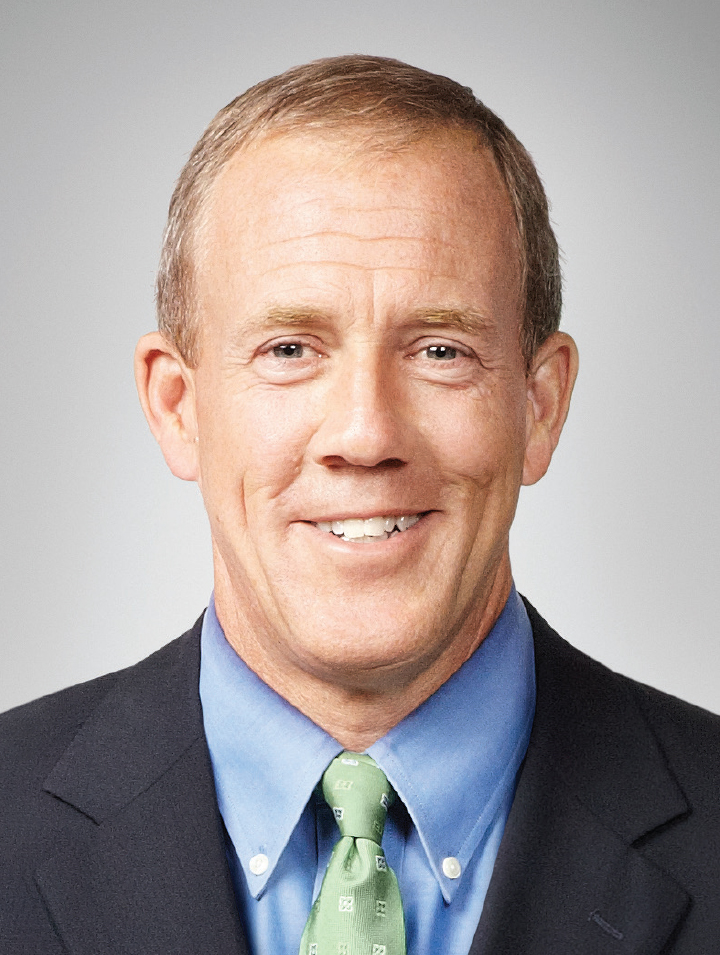- Home
- About Us
- Program
- Our Team
- Alumni
- Alumni Home
- Class of 2023
- Class of 2022
- Class of 2021
- Class of 2020
- Class of 2019
- Class of 2018
- Class of 2017
- Class of 2016
- Class of 2015
- Class of 2014
- Class of 2013
- Class of 2012
- Class of 2011
- Class of 2010
- Class of 2009
- Class of 2008
- Class of 2007
- Class of 2006
- Class of 2005
- Class of 2004
- Class of 2003
- Class of 2002
- Class of 2001
- Class of 2000
- Apply
- Resident Life
- Support Our Efforts
- Contact
Alumni Profile

Dr. Drew Hundley
Class of 2002
What made you decide to pursue OB/Gyn as a career?
I really had no clear idea of what field of medicine I was interested in when I started medical school, but I felt a strong connection with OB/GYN during my third year rotation. The diversity of the specialty, the richness of the personal relationships, the technical demands of the surgical procedures, and the connections I felt with physicians already in the field all made it an easy decision for me.
What made you decide to go into urogynecology?
It was a hard choice because I really enjoyed all aspects of general practice but ultimately I decided I wanted to focus on gynecologic surgery and the complex issues involved with prolapse repairs, incontinence, fistulae and other surgical complications. I love the patient population and it is hugely satisfying to know that you are having a major impact on people’s quality of life.
What made you choose BWH/MGH as your residency?
BWH/MGH was hard to beat in terms of reputation. I knew I’d get outstanding training, a diversity of experience, and the opportunity to learn from and train with the best, including thought leaders in our field. Of course it’s hard to beat Boston as a place to live and work too.
What unique preparation did the BWH/MGH Ob/Gyn residency give you for your career?
It goes without saying I had the opportunity to learn from teachers with great technical skills and knowledge, but the most important thing I got from my training was exposure to role models. I had so many great physicians to emulate, not just from a practice stand point, but in all aspects of my career. I saw what it meant to constantly be learning, to provide care with empathy, to think critically and perform clinical research, and to be professional. So much of the way I practice medicine today is a direct result of watching the people who trained me.
How does your current position correspond to where you envisioned yourself as you finished residency?
I felt pretty strongly about staying in academics in order to continue practicing clinically while still being anchored to a teaching institution and being a researcher. I never imagined having a chance to build a Division from scratch at a major academic center, and I feel very fortunate to have had the opportunities I’ve had. Running a Division and a fellowship program were goals but maybe not expectations. Years into my career, I still feel fully invested in what I’m doing.
Do you have a favorite memory from residency?
My first night intern year I had to cover the 1500 pager because one of the 2nd years was stuck outside the country and of course a ruptured ectopic arrived in the ED. I was in way over my head but my chief shepherded me through it without missing a beat (thank you Kathy Economy). It was obvious to me at that point that I had a lot to learn but also that I was in the right place to do so.
What do you miss from residency?
My classmates. Residency is such a unique, high stress experience that it really galvanizes relationships. I feel incredibly fortunate to continue to have solid relationships and regular clinical interactions with colleagues in Oncology, REI, MFM and general OB/GYN in my current job, but it’s never the same as the shared experiences you have with your co-residents. I see classmates from time to time but wish it happened more often.
If you could go back and give advice to your intern class, what advice would you give?
Perhaps just to trust your instincts about what will make you happy in your career. There are so many options for the practice of medicine in terms of clinical focus, size, location, patient population and job responsibilities that you have to pursue something that you think will bring you satisfaction. It’s too easy to get burned out if you don’t enjoy what you do.
What is the most rewarding part of your current job?
I feel like I make a difference in people’s lives. Everything else pales in comparison when someone tells you that you have improved their quality of life.




